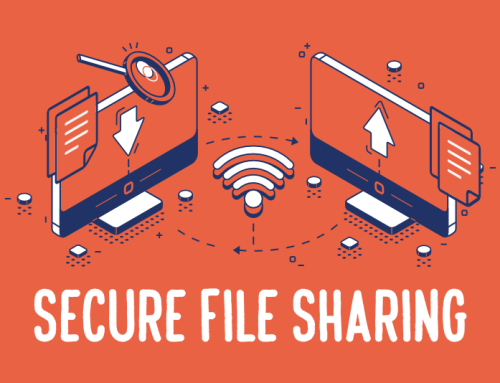File encryption
File encryption has developed into a crucial procedure for guaranteeing data security in the current digital era, where sensitive information is constantly at risk of being compromised. Encrypting files adds an extra layer of security, protecting them from unauthoriz access, whether they are personal files, financial records, or private business documents. In this article, the idea of file encryption is examined along with its importance and advantages for protecting data privacy.
Understanding File Encryption:
Using cryptographic algorithms, file encryption transforms data into the ciphertext format, which is unintelligible. The proper decryption key or password is required in order to access and decrypt the encrypt file. Encryption aids in preventing unauthoriz parties from accessing sensitive information, such as hackers, cybercriminals, or even unauthorized internal personnel.
Importance of File Encryption:
Data Security: The preservation of data security depends heavily on file encryption. Encryption contributes to the confidentiality and integrity of sensitive information by making files unreadable to anyone without the decryption key. Without the decryption key, even if a third party manages to access the encrypted file, they won’t be able to read its contents.
Compliance and Regulations: Data protection and privacy are subject to legal and regulatory requirements in many industries. Organizations can comply with these rules and avoid fines and reputational harm by encrypting their files. The General Data Protection Regulation (GDPR), for instance, in the European Union emphasizes the necessity of appropriate data security measures, including encryption, to protect personal information.
Data breaches can have serious repercussions, including monetary losses, reputational harm, and legal liabilities. Organizations can lessen the effects of a data breach by encrypting files. Without the decryption key, encrypt files are useless even if an attacker is successful in breaking into a system and stealing them.
Benefits of File Encryption:
Privacy: Encryption guarantees that only authorized individuals can access sensitive data, maintaining the privacy of that data. This is especially important if you’re sending files over the internet or storing them on cloud platforms, as those are two places where your data might be intercepted or accessed by unauthoriz people.
Data Integrity: In addition to safeguarding data’s integrity, encryption also shields it from unauthorized access. Any unauthoriz modifications or tampering can be found by checking the digital signatures on the encrypted files to ensure their authenticity.
Confidence: Knowing that sensitive information is secure, even if devices or storage media are lost, stolen, or compromise, is a comfort that comes from encrypting files. It provides an additional layer of security, lowering the likelihood of data breaches and unauthorized disclosures.
Secure Collaboration: File sharing and collaboration between people or organizations are made possible by encryption. Users can maintain confidentiality throughout the collaboration process by encrypting files before sharing them. By doing so, users can make sure that only intended recipients can access and decrypt the files.
An essential procedure for maintaining data security and safeguarding confidential information is file encryption. In a world where data breaches and privacy violations are a constant threat, their importance cannot be overstate. Individuals and organizations can feel secure knowing that files are confidential, intact, and private thanks to encryption. We can reduce risk by implementing file encryption solutions and complying with the most recent encryption standards. And can improve data security in our digital lives.






